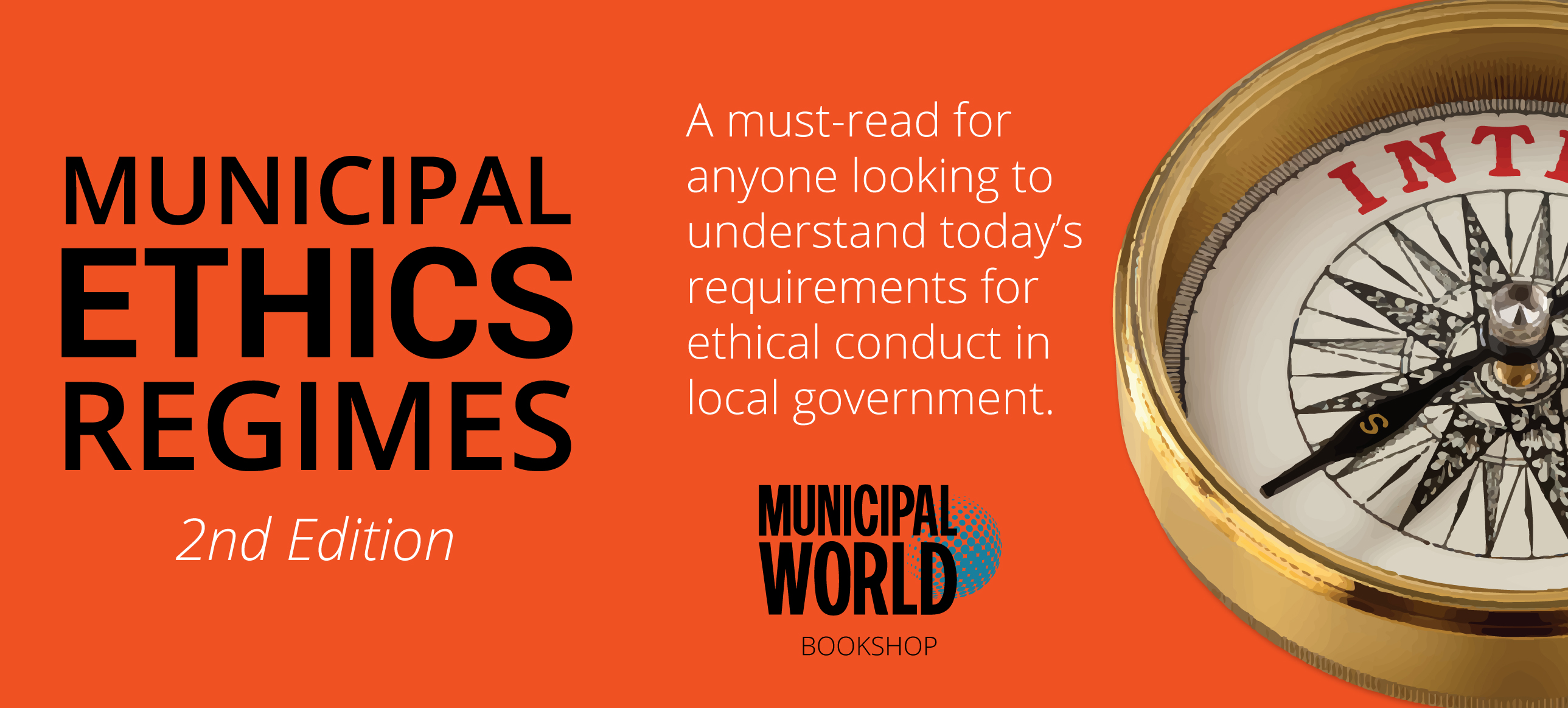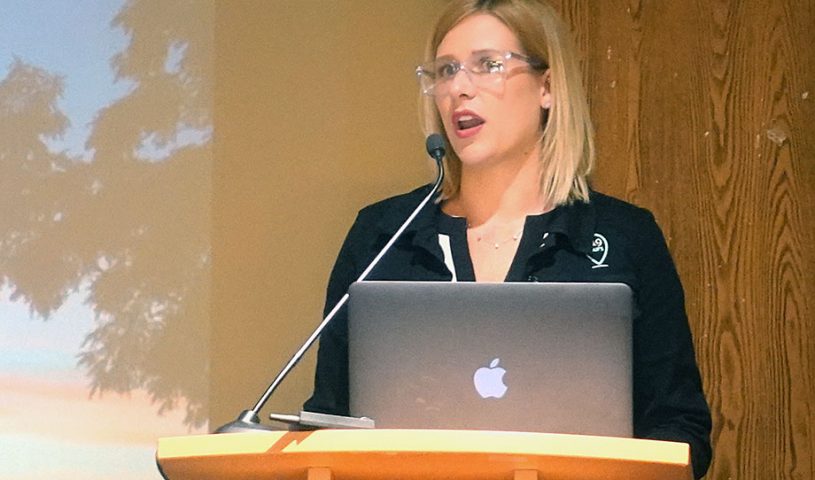Vending machine democracy

In ancient Greece, Socrates warned that unless citizens are trained to think politically and about the common good – current and future – then they will always choose the candy store owner who offers sweets over the medical doctor who offers “bitter syrups and pokes holes in you, cuts your skin, and takes your blood” (painful but necessary procedures that promote good health).
Culture influences, culture risk
This same challenge remains today. But, our great culture shapers are now the entertainment and marketing industries – from the shows we watch, to the music we listen to, to the lifestyle-shaping advertisements we see. These industries are accountable to no one, except their shareholders.
Too often, driving sales easily and quickly involves appealing to consumers’ simplest appetites and ensuring that citizens see themselves as little more than consumers, whose civic expression in the public square is little more than shopping well. For instance, virtually every human civilization has understood that inciting envy is unwise and divisive, yet marketers regularly encourage us to “make our neighbours jealous” by purchasing the latest patio set or new car. Values expressed in behaviour becomes culture – a fact we ignore at our great peril.
Such cultural influences over time have pulled us away from looking at local government as an expression of community – essentially a community project – to a corporate business service-delivery model. The titles of public servants were changed from things like city clerk to corporate officer and city manager to chief administrative officer, and citizens were encouraged to look at local government like a vending machine.
The vending machine model
Our collective why shifted from fostering social, economic, and community wellbeing through dedicated public service to simply providing civic services.
The vending-machine model is a transactional model that imagines citizens putting their money in the slot with the expectation of getting a product or service in return. You don’t like the service? You kick the vending machine. Very destructive for all of the public servants receiving the kicking, and ineffective when it comes to ensuring that the local government serves the common good, rather than the narrow demands of the loudest or most powerful faction(s).
This model is also, of course, divisive by its very nature. And it further casts citizens as passive consumers, rather than as active and engaged citizens.
Consumers think in terms of their personal self-interest and not the common good, feeling no duty or responsibility to create, imagine, be accountable to, or responsible for, their neighbours or community. Consumers are there to judge, rate, and consume your product. This self-interest reflects a terrible aberration of the hard-won democratic freedoms to exercise one’s right to free speech, assembly, and expression, and the right to vote.
Citizenship, a sense of belonging, and our shared destiny
Citizenship, on the other hand, is built not on self-interest, but rather on a sense of belonging and shared destiny. Citizenship presumes a commitment to the wellbeing of the community, a responsibility to act, speak out, and exercise the right to organize and to vote in order to influence the shared destiny of your community for the good of all.
Local government will always hold the title of being the order of government closest to the people with the greatest influence on the daily lives of residents. Mayors, chairs, councillors, and board members are all community leaders with significant influence on culture, both in the organization and in the community.
Good governance requires the identification and management of risks. This includes culture risk, which has the potential to cause dysfunction, strife, legal liability, and poor service delivery, in addition to general unhappiness – defeating the very purpose of community. MW
A version of this article was published in Municipal World, March 2019
✯ Municipal World Insider and Executive Members: You might also be interested in the full version of this article or in Christina Benty’s article: The struggle behind conscious leadership. Note that you can now access the complete collection of past articles (and more) from your membership dashboard.
Diane Kalen-Sukra, MA, CMC, is the author of Save Your City: How Toxic Culture Kills Community & What To Do About It (to be launched in Spring 2019). She is a passionate speaker, expert advisor, and practitioner on ways to tackle the complex challenges facing local governments and communities today. This passion has taken her across the country, from CBC television producer to multi-award-winning CAO. Join her call for a renewal of civic education – the key to our sustainable and democratic future.
Related resource materials:



